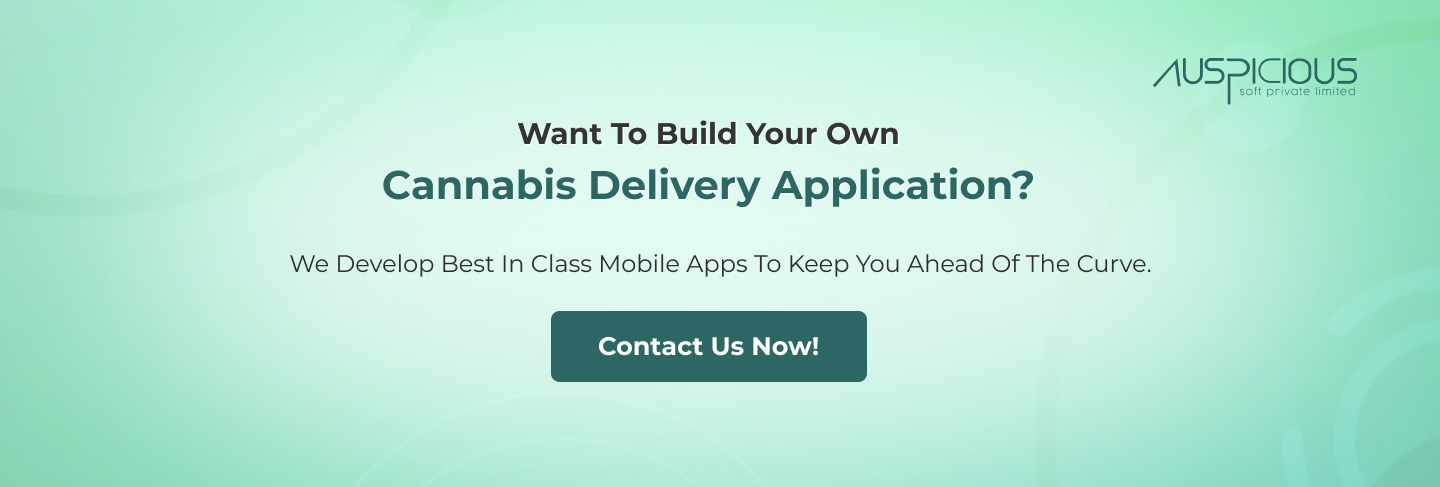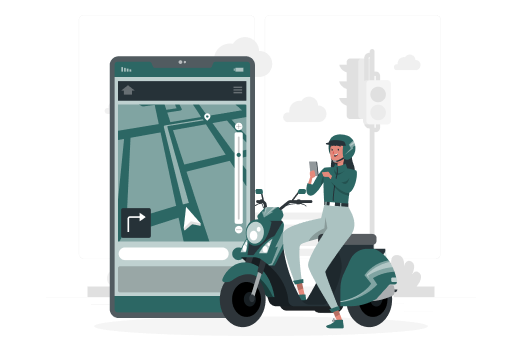Get An Comprehensive Guide On How To Develop Cannabis Delivery App
A cannabis delivery app is a mobile application designed to facilitate the delivery of cannabis products to consumers. These apps typically connect licensed dispensaries or delivery services with customers who want to purchase cannabis products for medicinal or recreational use.
The primary purpose of a cannabis delivery app is to provide a convenient and efficient way for users to browse and order cannabis products from their mobile devices. Customers can explore various products, such as different strains of marijuana, edibles, concentrates, and other cannabis-related items, and place an order directly through the app.

Key features of a cannabis delivery app may include:
1:-Product catalog:
A comprehensive listing of available cannabis products with detailed descriptions, including strain information, THC/CBD content, and product reviews.
2:-User profiles:
Customers can create personal profiles, track order history, save favorites, and receive personalized recommendations.
3:-Ordering and payment:
Users can browse products, select desired items, choose quantities, and add them to their virtual cart. The app will typically facilitate secure online payment options.
4:-Delivery Tracking:
Once an order is confirmed, users can track the progress of their delivery in real-time, including estimated arrival times.
5:-Location-based services:
The app may use GPS technology to determine the user’s location and connect them with nearby dispensaries or delivery services.
6:-Age verification:
To comply with legal requirements, the app may implement age verification measures to ensure that only eligible customers can access and purchase cannabis products.
7:-Promotions and discounts:
App users may receive exclusive promotions, discounts, or loyalty rewards to incentivize repeat purchases.
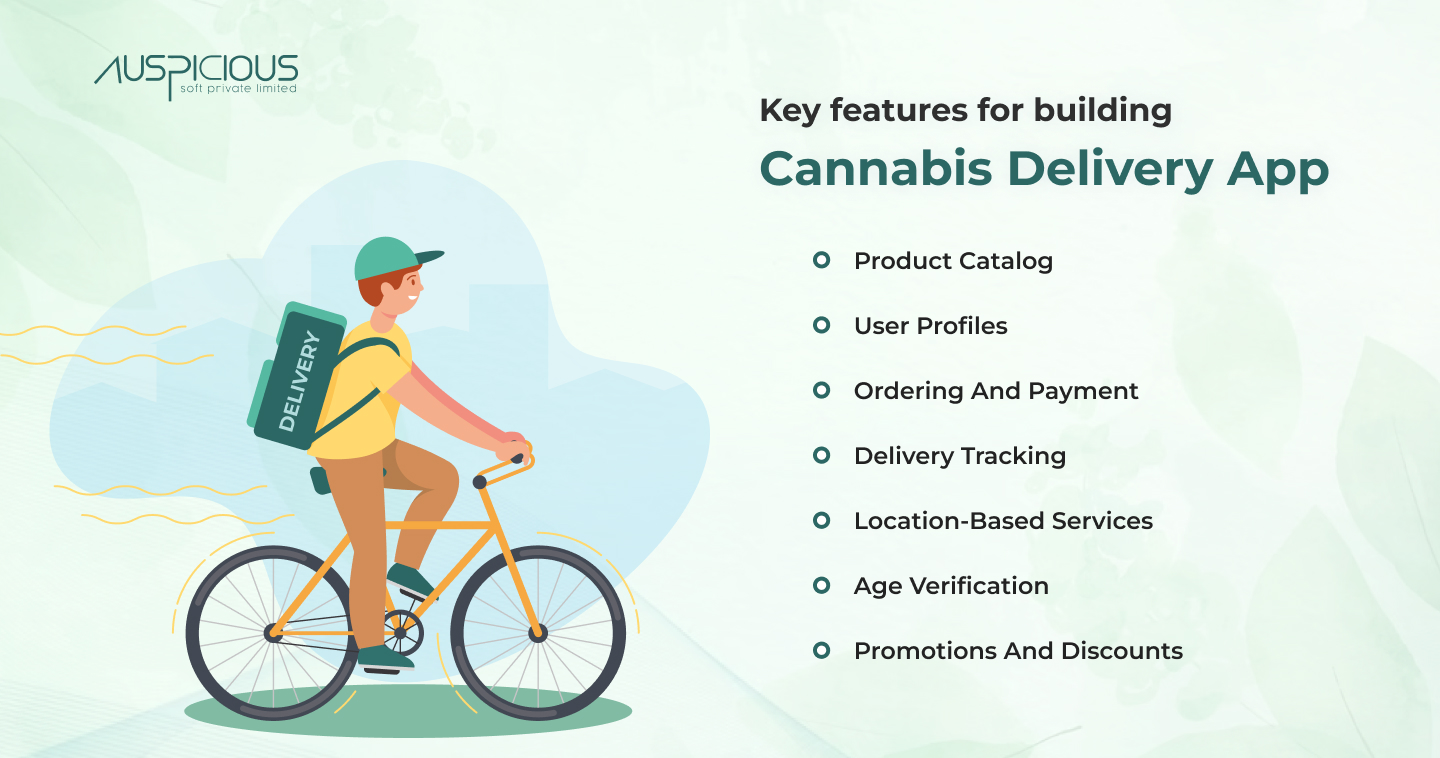
Benefits Of Cannabis Delivery App Development
Developing a cannabis delivery app offers several advantages for both businesses in the cannabis industry and consumers. Here are some key benefits:
Convenience:
A cannabis delivery app provides users with the convenience of ordering cannabis products from anywhere at any time. Users can browse through a wide range of products, place orders, and schedule deliveries, eliminating the need to visit a physical dispensary.
Increased customer reach:
By offering a delivery service through an app, cannabis businesses can expand their customer base beyond their local area. They can attract customers from a wider geographic region, thereby increasing their potential market reach.
Enhanced customer experience:
A well-designed delivery app enhances the overall customer experience. Users can easily explore different products, access detailed information, and read reviews to make informed purchasing decisions. Streamlined ordering and secure payment processes contribute to a seamless and user-friendly experience.
Improved operational efficiency:
A cannabis delivery app can streamline business operations. It helps businesses manage orders, track inventory, and optimize delivery routes, leading to improved efficiency and reduced overhead costs.
Regulatory compliance:
Developing a cannabis delivery app allows businesses to ensure compliance with local regulations and legal requirements. The app can integrate age verification mechanisms and other safeguards to ensure that only eligible customers can access and purchase cannabis products.
Data-driven insights:
A delivery app enables businesses to gather valuable data and analytics on customer preferences, purchasing behavior, and market trends. These insights can inform inventory management, product assortment, and targeted marketing strategies to optimize business performance.
Competitive advantage:
In a rapidly evolving cannabis market, having a well-executed delivery app can provide a competitive edge. It showcases the business’s commitment to innovation, customer convenience, and adapting to changing market dynamics.
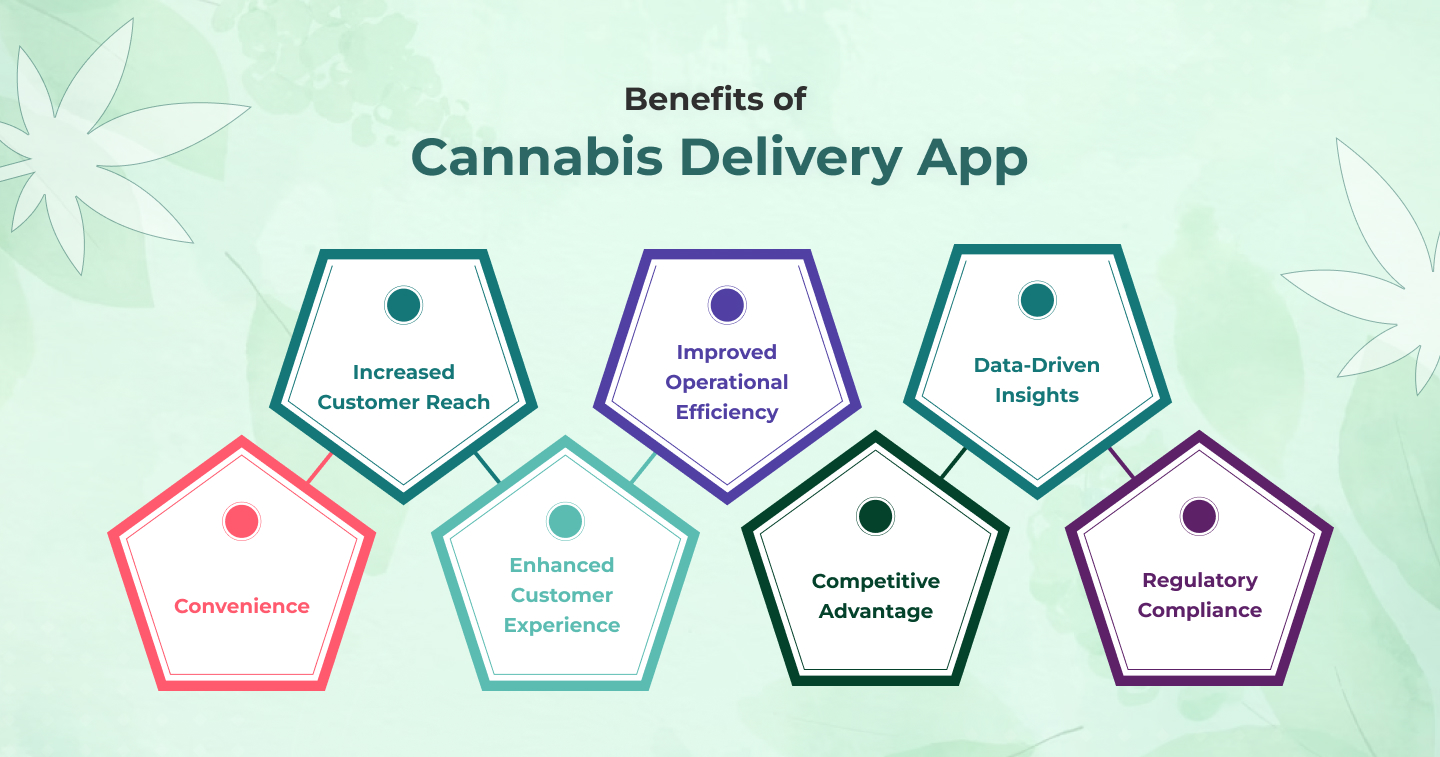
Well-Known Cannabis Delivery Apps
Eaze:
Eaze is a popular cannabis delivery platform available in certain U.S. states where cannabis is legal, such as California and Oregon. It connects users with local licensed dispensaries and offers a wide selection of cannabis products for delivery.
Weedmaps:
Weedmaps is a widely recognized platform that provides information about dispensaries, delivery services, and deals on cannabis products. While it primarily serves as a directory, it also offers delivery services in certain areas.
Dutchie:
Dutchie is a cannabis e-commerce platform that partners with dispensaries to facilitate online ordering and delivery. It offers a user-friendly interface, personalized recommendations, and real-time order tracking.
Meadow:
Meadow is a cannabis software platform that offers both online ordering and delivery services. It partners with licensed dispensaries to provide customers with a seamless experience for browsing and purchasing cannabis products.
Leafly:
Leafly is a well-established cannabis information resource that also facilitates online ordering and delivery. It provides product information, strain reviews, and connects users with local dispensaries offering delivery services.
Nugg:
Nugg is an online marketplace that connects consumers with licensed dispensaries for cannabis delivery. It offers a wide range of products and features user reviews to help customers make informed decisions.
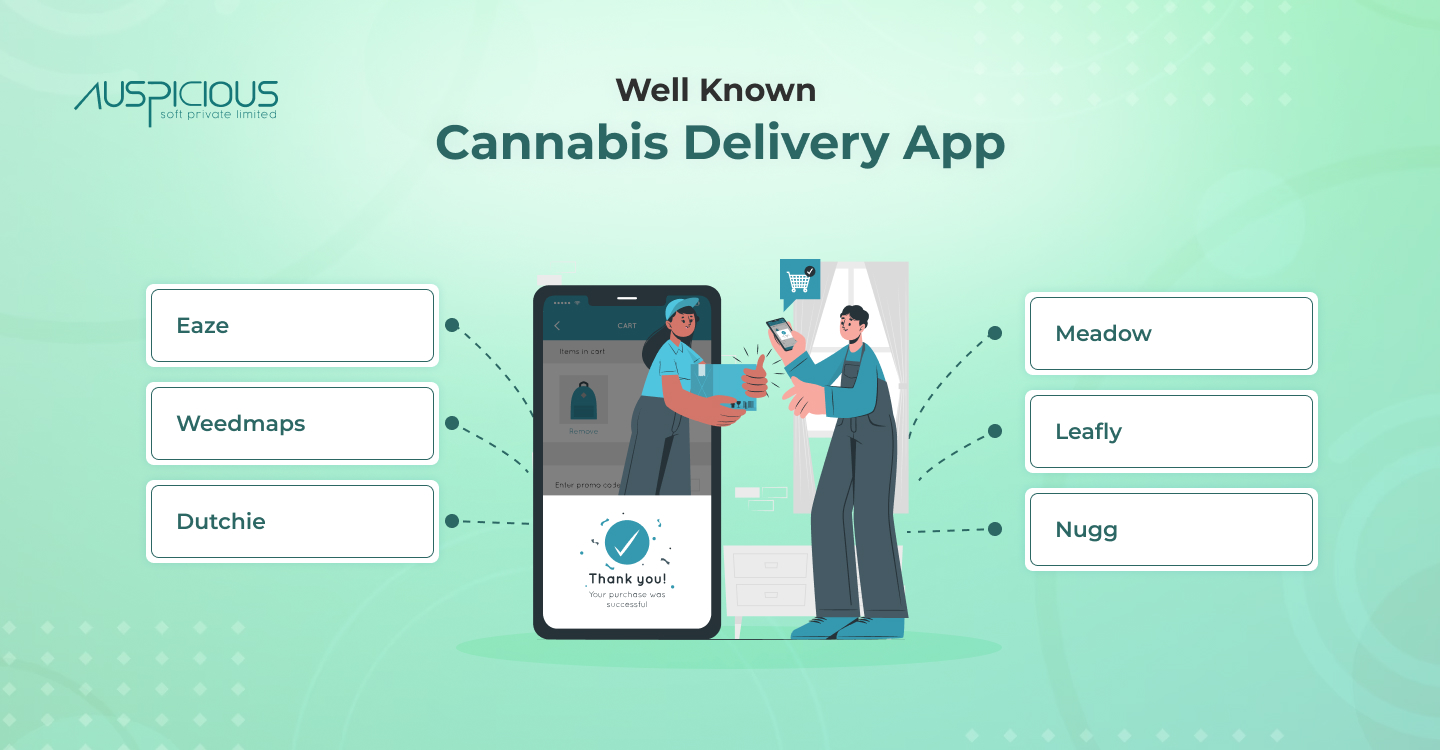
The cost of developing a cannabis delivery app can vary widely depending on various factors, including the app’s complexity, features, platforms, design requirements, and the development team’s rates. However, to provide a rough estimate, the development of a cannabis delivery app can range from $30,000 to $150,000 or more.
Here’s a breakdown of potential cost factors:
Basic Features:
A simple app with essential features such as user registration, product browsing, ordering, payment integration, and basic delivery tracking can cost between $30,000 and $50,000.
Advanced Features:
Adding more advanced features like user profiles, personalized recommendations, push notifications, loyalty programs, real-time delivery tracking, route optimization, and integration with third-party services can increase the cost to the range of $50,000 to $100,000.
Platform Compatibility:
Developing the app for both and Android platforms will require additional development time and resources, resulting in increased costs. Developing for a single platform is generally more cost-effective initially.
Design and User Experience:
Custom UI/UX design, visual elements, branding, and user-friendly interfaces can contribute to the overall cost. Design complexity and the number of screens can impact costs.
Backend Development:
Building a robust backend infrastructure, including server setup, database management, API integrations, and data storage, can increase development costs.
Testing and Quality Assurance:
Thorough testing to ensure functionality, usability, and performance adds to the overall cost. Rigorous testing helps identify and fix issues before the app is launched.
Maintenance and Updates:
Ongoing maintenance, bug fixing, and updates post-launch require additional investment. The cost for maintenance can be on an hourly basis or a monthly retainer fee.
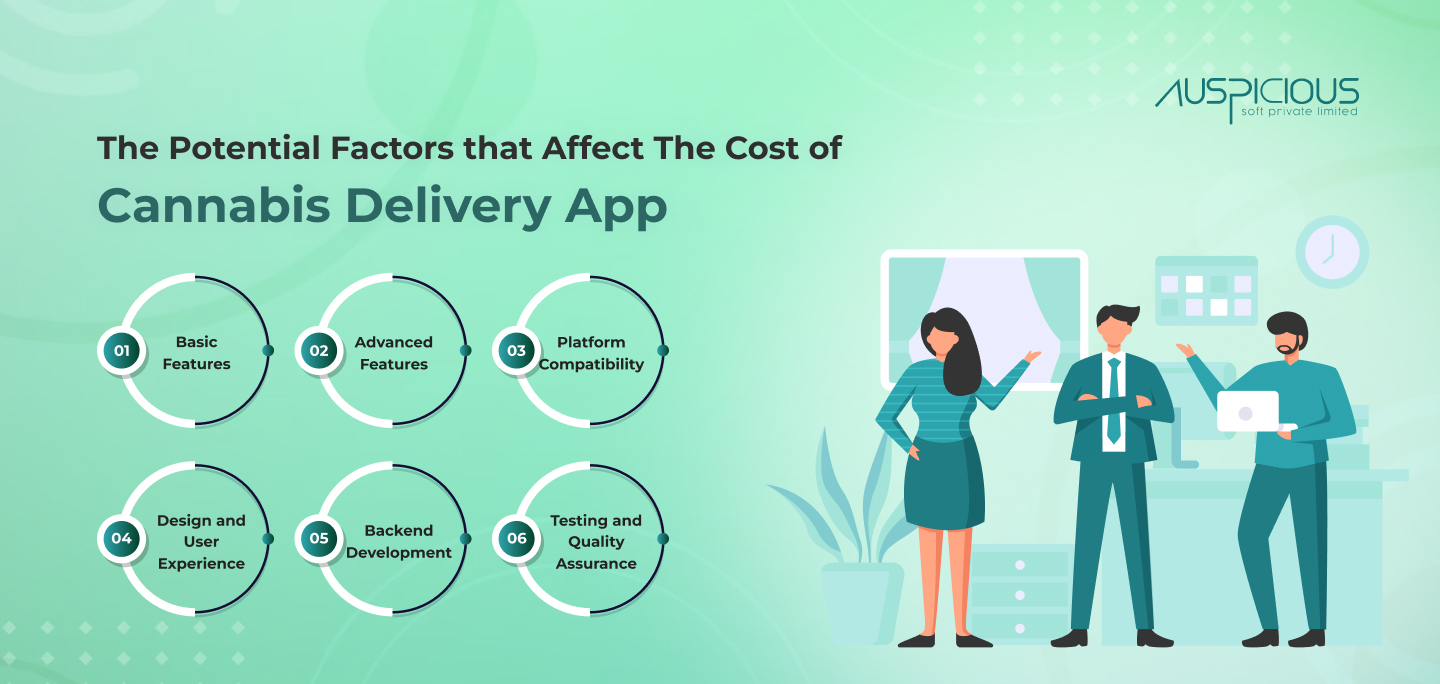
It’s important to note that these cost estimates are rough approximations and can vary significantly based on project specifications and the development team’s rates. Engaging in detailed discussions with app development company or professionals will help provide a more accurate cost estimate tailored to your specific requirements.
